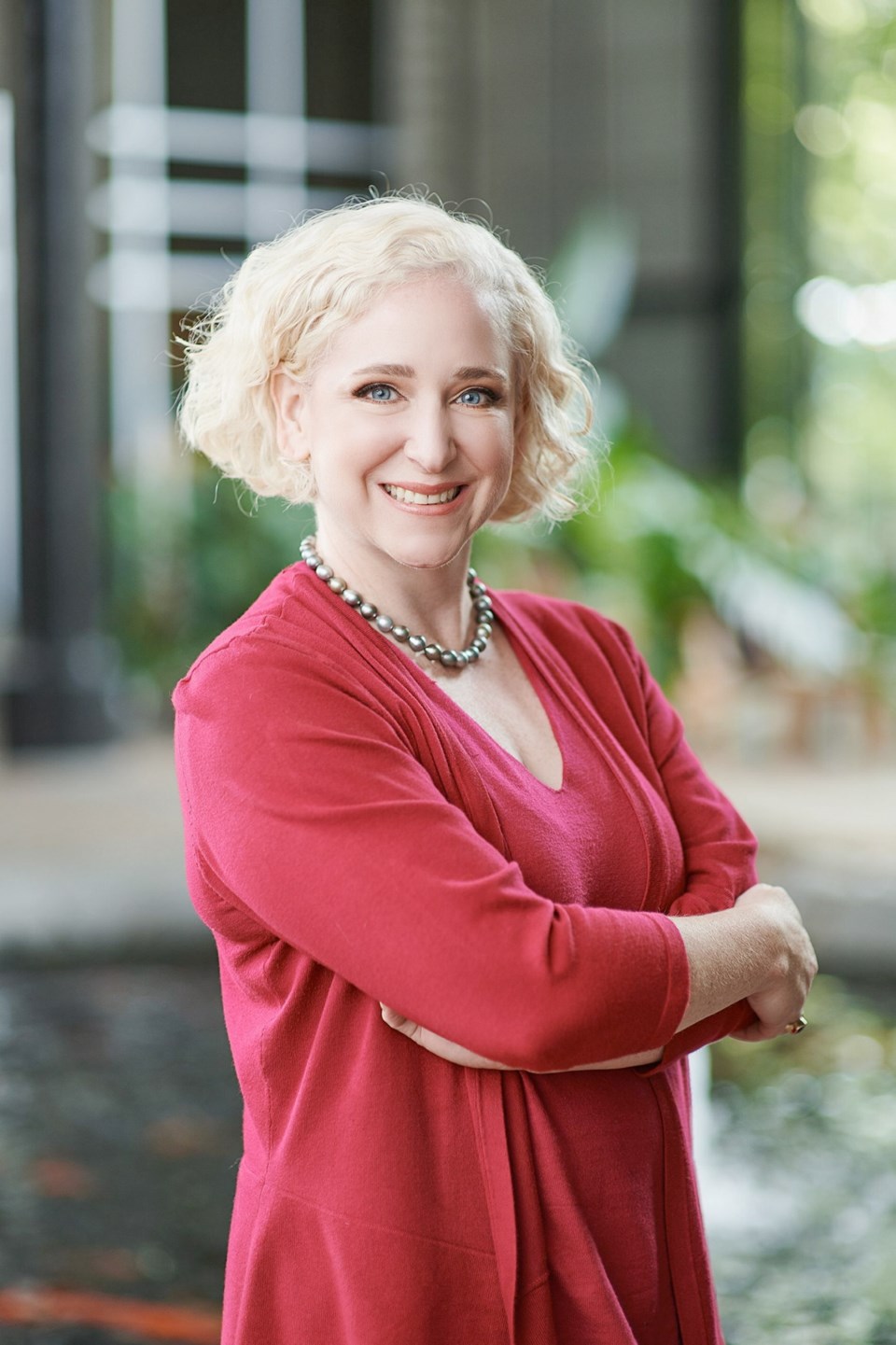Coping with what’s happening in the world today can be hard on anyone, especially children, so it’s a good idea to set aside time to communicate with your kids about the coronavirus, says a child psychologist and associate professor of psychology at the University of Victoria.
“When it comes to talking to children about COVID-19, I think No. 1, it’s important to put down the device and do the conversation thoughtfully,” Dr. Jillian Roberts said. “The first thing that really ought to come out of your mouth is that they’re safe and that everything is fine, everything will be fine.”
Let them know that the government is doing what it can in order to keep people safe, Roberts said, and that it is trying to help with a lot of issues — such as getting money to people who aren’t able to work.
“You might want to also tell children that doctors and nurses and everybody in the hospital are taking very good care of the people who do get sick.”
As for the suspension of classes in sa���ʴ�ý’s 60 school districts, Roberts suggests telling children: “Doctors have told the government we need to make sure that people don’t go into large crowds, and that we’re not in places where there’s a lot of people because that’s how germs can be spread. And keeping people healthy is more important than school right now.”
She advised parents to try to maintain a home routine for their children during the pandemic, with learning activities. She recommended that families focus on reading and doing math exercises with online apps that are available for different ages.
Adults are also suffering from problems such as anxiety amid the crisis, said Roberts, but being active can help. She also suggests reaching out electronically to people you might know who might be vulnerable. “Don’t hesitate from sharing positive messages on social media, encouraging messages,” she said. “Do what you can to help the people around you.”
It’s also helpful to stay busy in the home with projects, said Roberts, who says Canadians can take comfort that the government has taken strong action to stem the tide of COVID-19 cases.
“When I look at what’s happening, I feel quite confident that our government has got a handle on this,” she said. “And I also feel confident that our medical services have a good handle on this.
“I feel yes, this is a worrisome time, but things are being well-controlled.”
The Victoria office of the Canadian Mental Health Association recommends taking time to manage your mental health at what is an anxious and stressful time for everyone. “It’s OK if you feel more anxious than usual,” the CMHA said in a statement, suggesting doing art or exercises such as yoga to help manage stress. “You are doing the best you can in a time when simply turning on the news can feel overwhelming.”
Denying what is happening in the world in order to reduce anxiety is the wrong way to go, the CMHA said. “When people deny the severity of a situation in order to avoid anxiety, they may do nothing, even ignoring recommendations from health authorities.”
Jocelyn de Montmorency, Victoria office program manager with the CMHA, agreed that it’s important to stay connected. “Especially with older adults that are now isolated, and people are not coming to visit them,” she said.
Stay informed about what’s going on without getting caught up in 24/7 news coverage, and try to have some sort of schedule with as many normal elements as possible, she said. “We’re creatures of habit.”
The CMHA offers an online course to deal with stress and anxiety at , while Roberts is gathering education and activity tips on her Dr. Jillian Roberts Facebook page.


